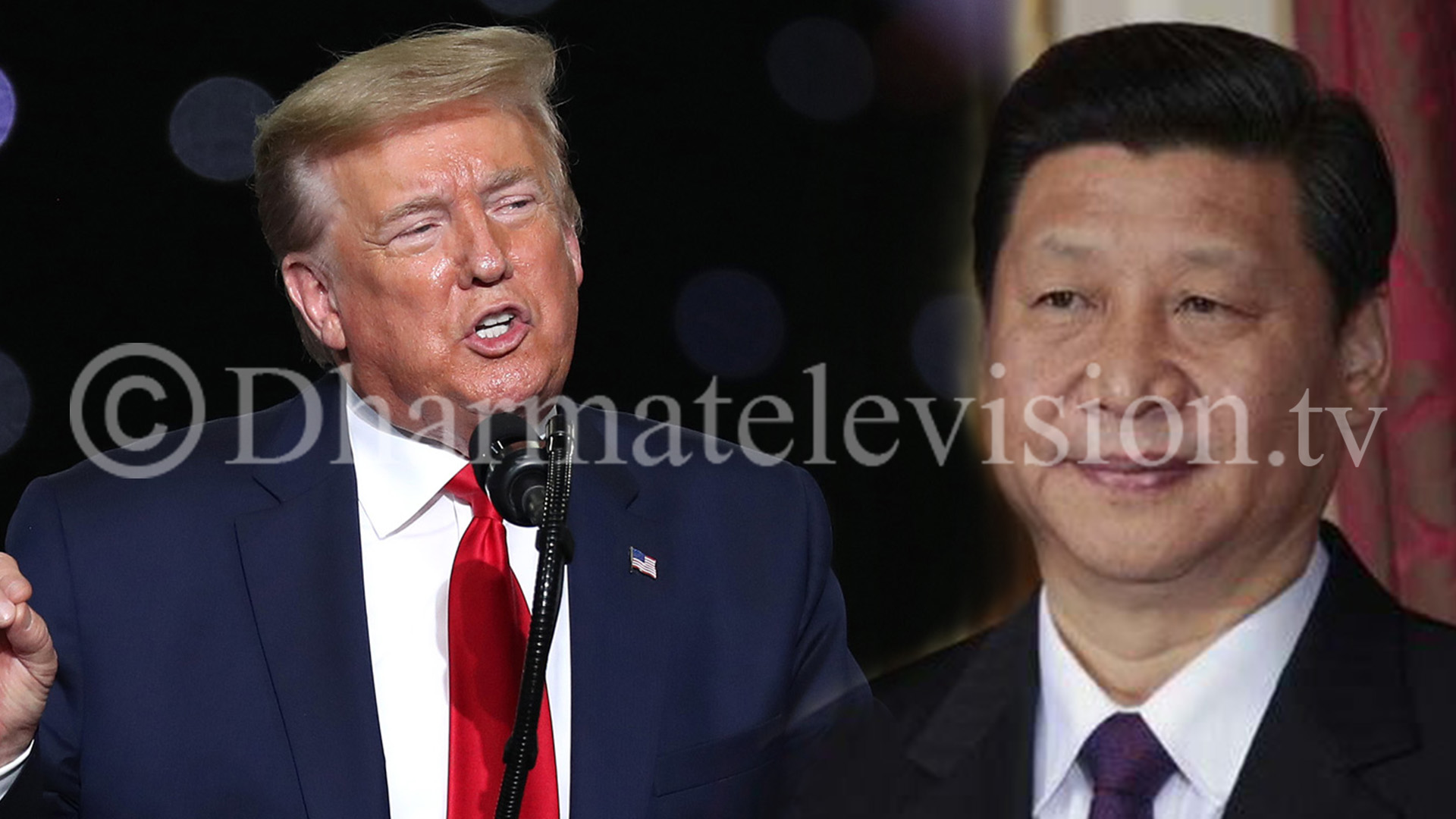4 years ago

About 3,500 U.S. companies, including Tesla Inc, Ford Motor Co, Target Corp, Walgreen Co and Home Depot have sued the Trump administration in the last two weeks over the imposition of tariffs on more than 300 billion U.S. dollars in Chinese-made goods.
The suits, filed in the U.S. Court of International Trade, named U.S. Trade Representative Robert Lighthizer and the Customs and Border Protection agency and challenge what they call the unlawful escalation of the U.S. trade war with China through the imposition of a third and fourth round of tariffs.
The legal challenges from a wide variety of companies argue the Trump administration failed to impose tariffs within a required 12-month period and did not comply with administrative procedures.
The companies challenge the administration's "unbounded and unlimited trade war impacting billions of dollars in goods imported from the People's Republic of China by importers in the United States," according to a suit filed by auto parts manufacturer Dana Corp.
In a filing on Monday, Tesla called tariffs "arbitrary, capricious, and an abuse of discretion." The carmaker wants the court to declare the duties unlawful and order a refund, with interest, amounts already paid.
Companies filing suit include heavy truck manufacturer Volvo Group North America, U.S. auto parts retailer Pep Boys, clothing company Ralph Lauren, Sysco Corp, guitar manufacturer Gibson Brands, Lenovo's U.S. unit, Dole Packaged Foods, a unit of Itochu Corp and golf equipment manufacturer Callaway Golf Co.
Home Depot's suit noted it faces tariffs on bamboo flooring, cordless drills and many other Chinese-made products. Walgreen, a unit of the Walgreen Boots Alliance, said it is paying higher tariffs on products like "seasonal novelties; party, first aid, and office supplies; and household essentials."
Lighthizer's office did not immediately respond to requests for comment.
On September 15, the World Trade Organization (WTO) found the United States breached global trading rules by imposing multibillion-dollar tariffs in Trump's trade war with China.
The WTO rejected the U.S. argument that the tariffs were applied to products it said had benefited from practices that the U.S. considers are contrary to "public morals," like theft, misappropriation and unfair competition.
The tariffs, imposed in 2018, marked the beginning of the trade war between the world's two largest economies.